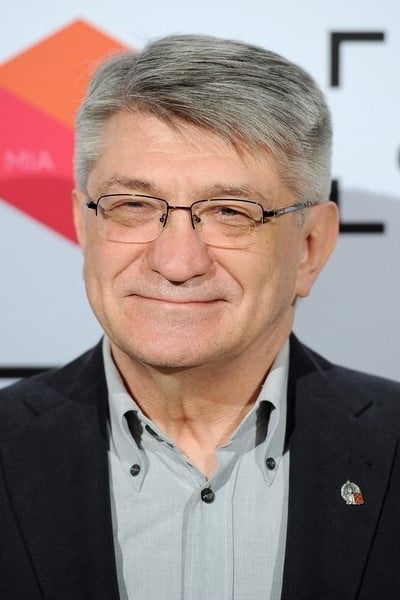
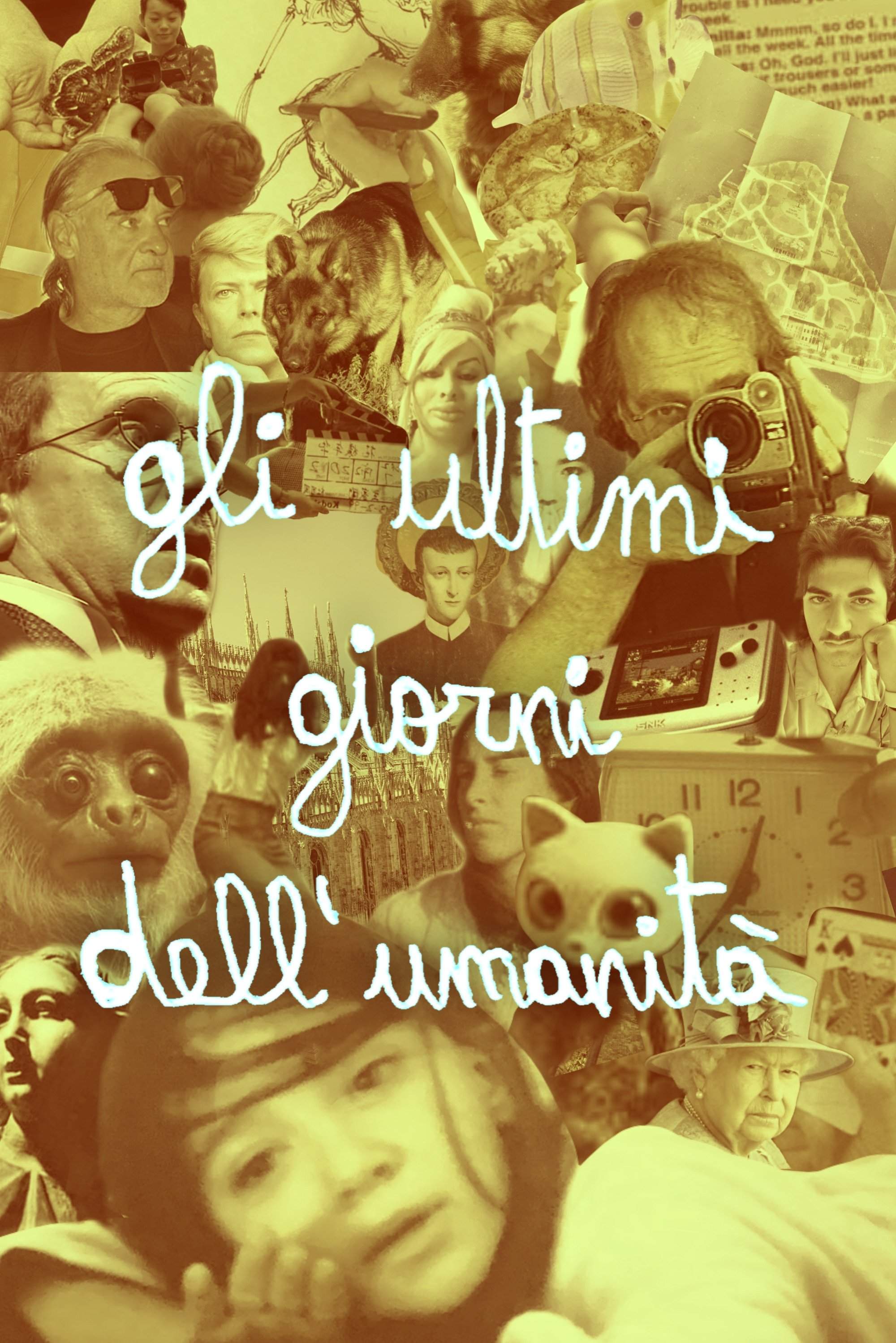
The panorama of human affairs encounters the “man with a movie camera”. His playground has no boundaries, his curiosity no limits. Characters, situations and places pitch camp in the life of a humanity that is at once the viewer and the thing viewed. But what are the last days of this humanity? Have they already passed? Are they now or still to come?
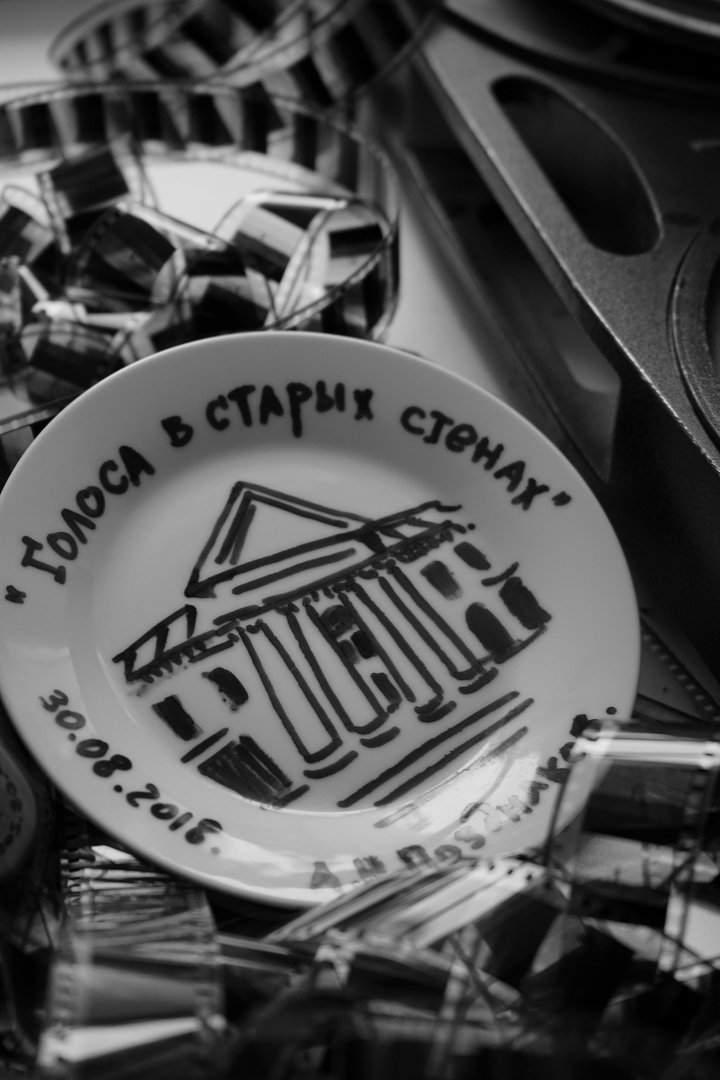
A documentary grotesque in which even the walls speak. Famous directors of St. Petersburg cinema recall their lives and work, and images of old films come to life to remind the viewer of themselves.
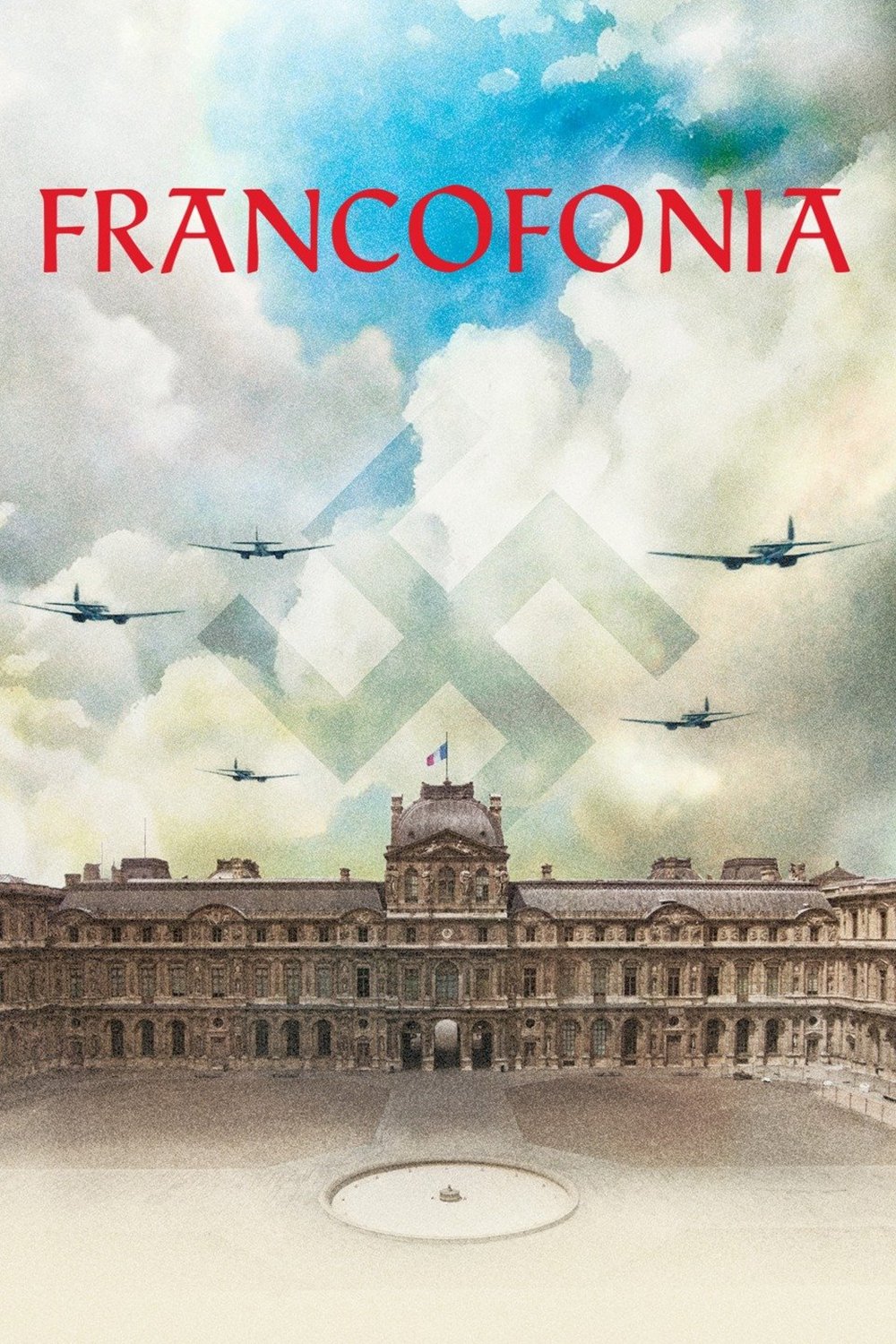
Master filmmaker Alexander Sokurov (Russian Ark) transforms a portrait of the world-renowned museum into a magisterial, centuries-spanning reflection on the relation between art, culture and power.
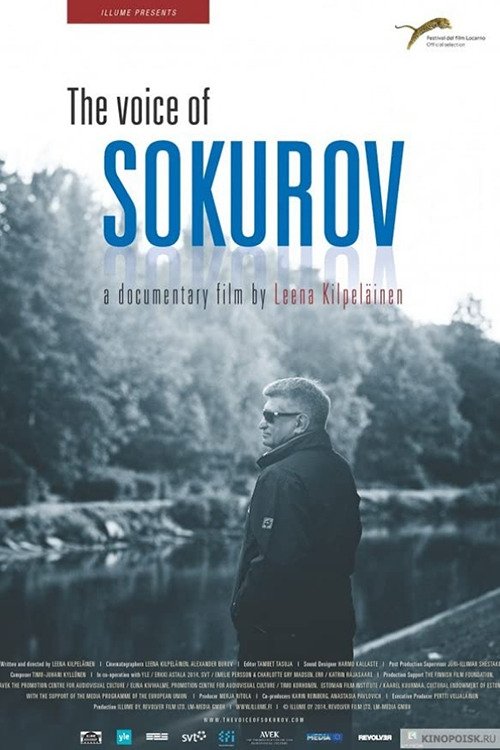
Five years in the making, based on six lengthy interviews filmed on six different locations in Saint Petersburg, we meet an outspoken artist who covers here his entire life and prolific career. The locations were Sokurov’s own favourites, where he felt at home.
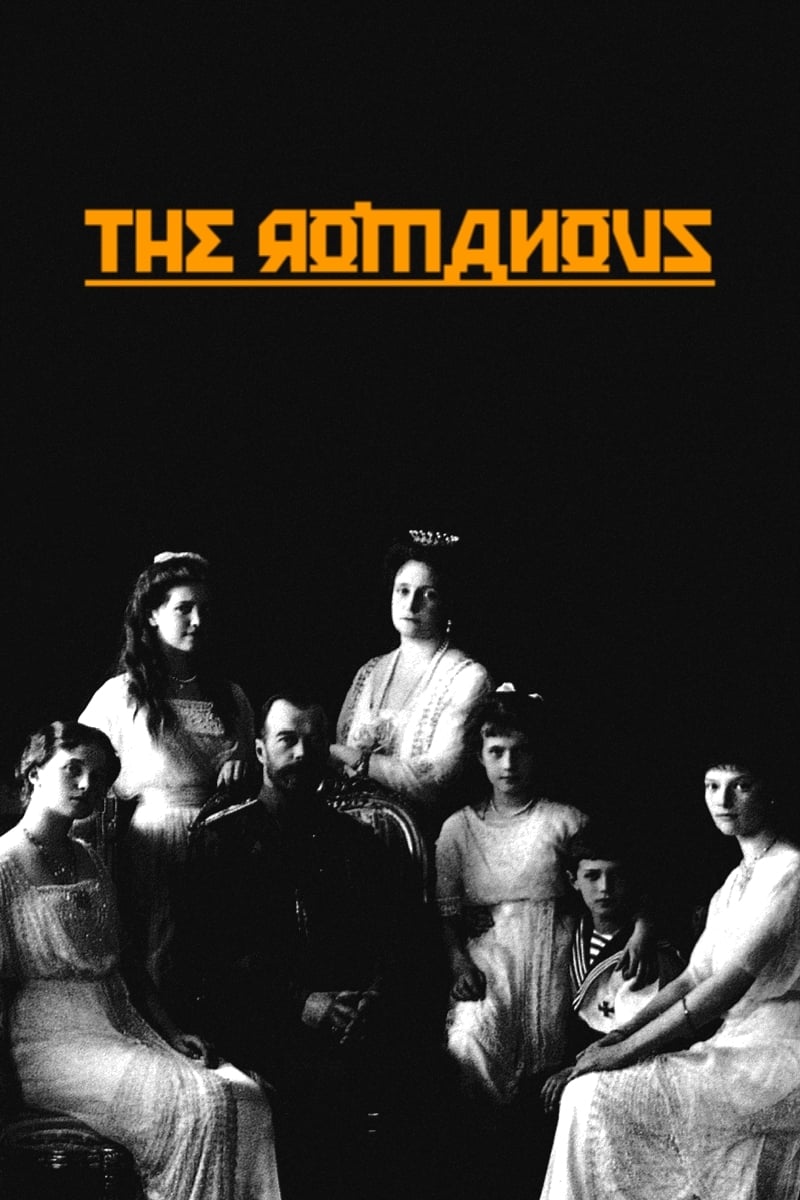
Yekaterinburg, Russia, July 17th, 1917. Czar Nicholas II Romanov and his entire family are brutally murdered by the Bolsheviks. This tragic event puts an end to the long dynasty that had ruled the country with an iron hand since the coronation of Michael I Romanov in 1613.
Documentary film from the set of Igor Olshansky’s debut short film “Easter”. Igor Olshansky is a participant of Alexander Sokurov’s programme “Example of Intonation”, a non-commercial film support foundation.
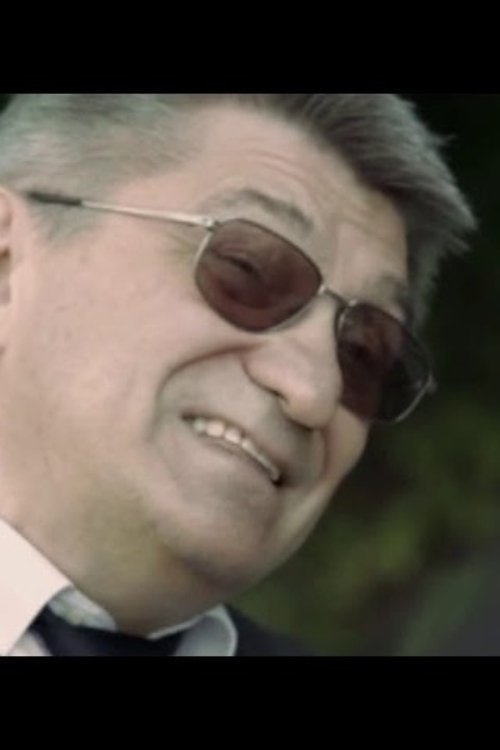
The film is dedicated to the life and work of the Russian director, who deservedly received worldwide recognition due to his incredible talent
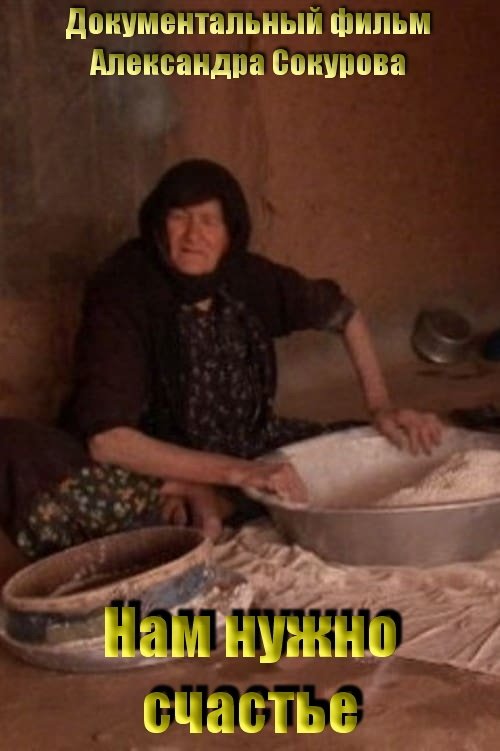
The life stories of two elderly women living in a remote region of Kurdish Iraq.
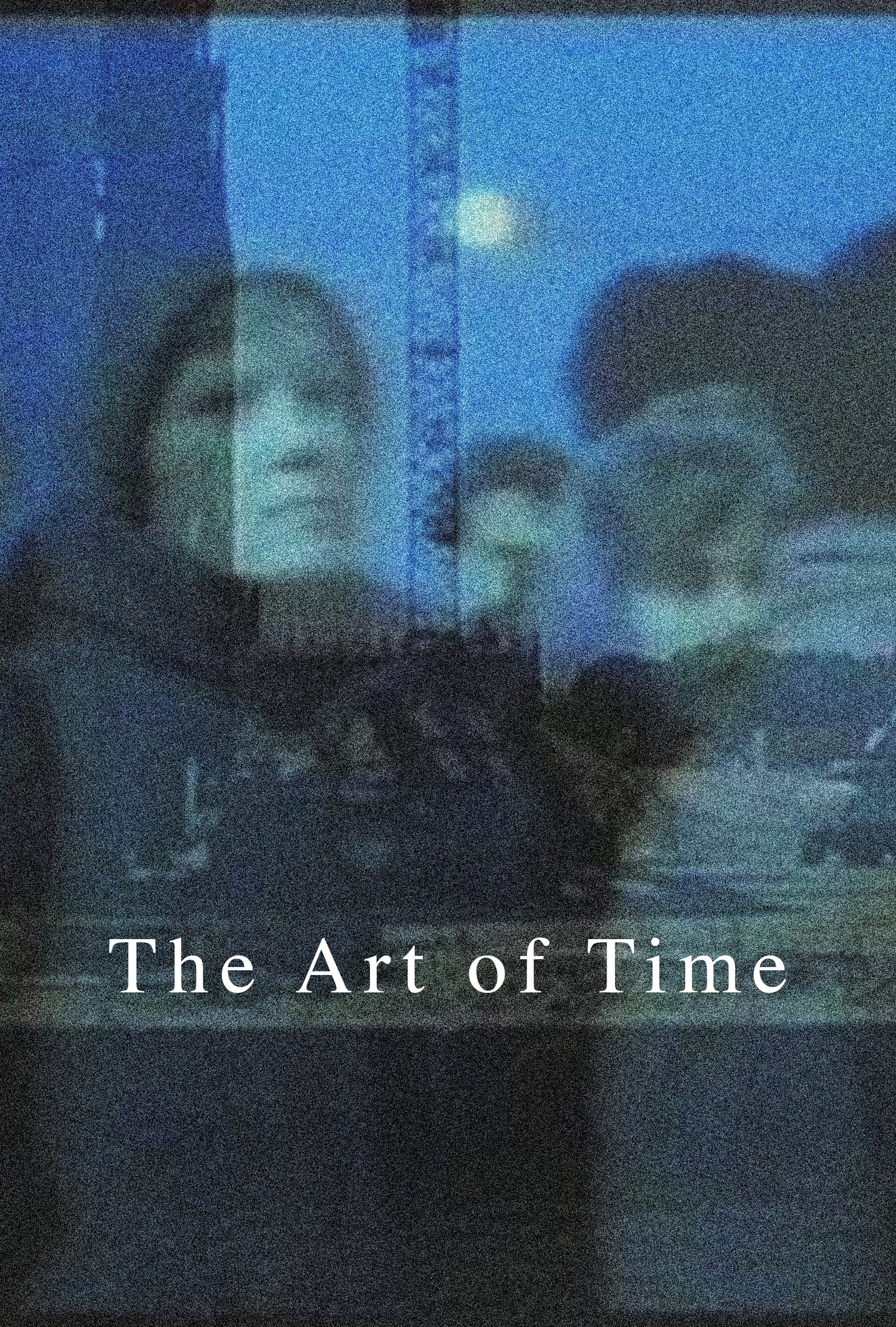
Explores some of the most innovative attempts by contemporary artists, filmmakers, architects etc to explore multiple Temporalities and to counter the uniform sense of time promoted by our technology-driven society.
The second film by Sokurov featuring Boris Yeltsin as the principal character. Now he is the President of Russia, invested with power, bearing the full responsibility for the destinies of his distant compatriots as well as his closest kin and friends.
Aleksandr Sokurov (born June 14, 1951) is a Russian director of avant-garde and independent films that have won him international acclaim. Described as a heir to Tarkovsky, spare, gloomy and contemplative, he often blurs lines between image and world. His noticable trademark and style includes long, accurate shots of real painterly compositions, disorted field of view, zooms and use of wide angle lenses. Often plotless with emphasis on aesthetics and impressionism his films are noted for philosophical approach to history and nature. Sokurov underlines the importance of film, not to yield to the modern audience laziness, and to stay away from mere entertainment. His most significant works include a feature film, Russian Ark (2002), filmed in a single unedited shot, Mother and Son (1997) and Faust (2011), which was honoured with the Golden Lion, the highest prize for the best film at the Venice Film Festival.
By browsing this website, you accept our cookies policy.